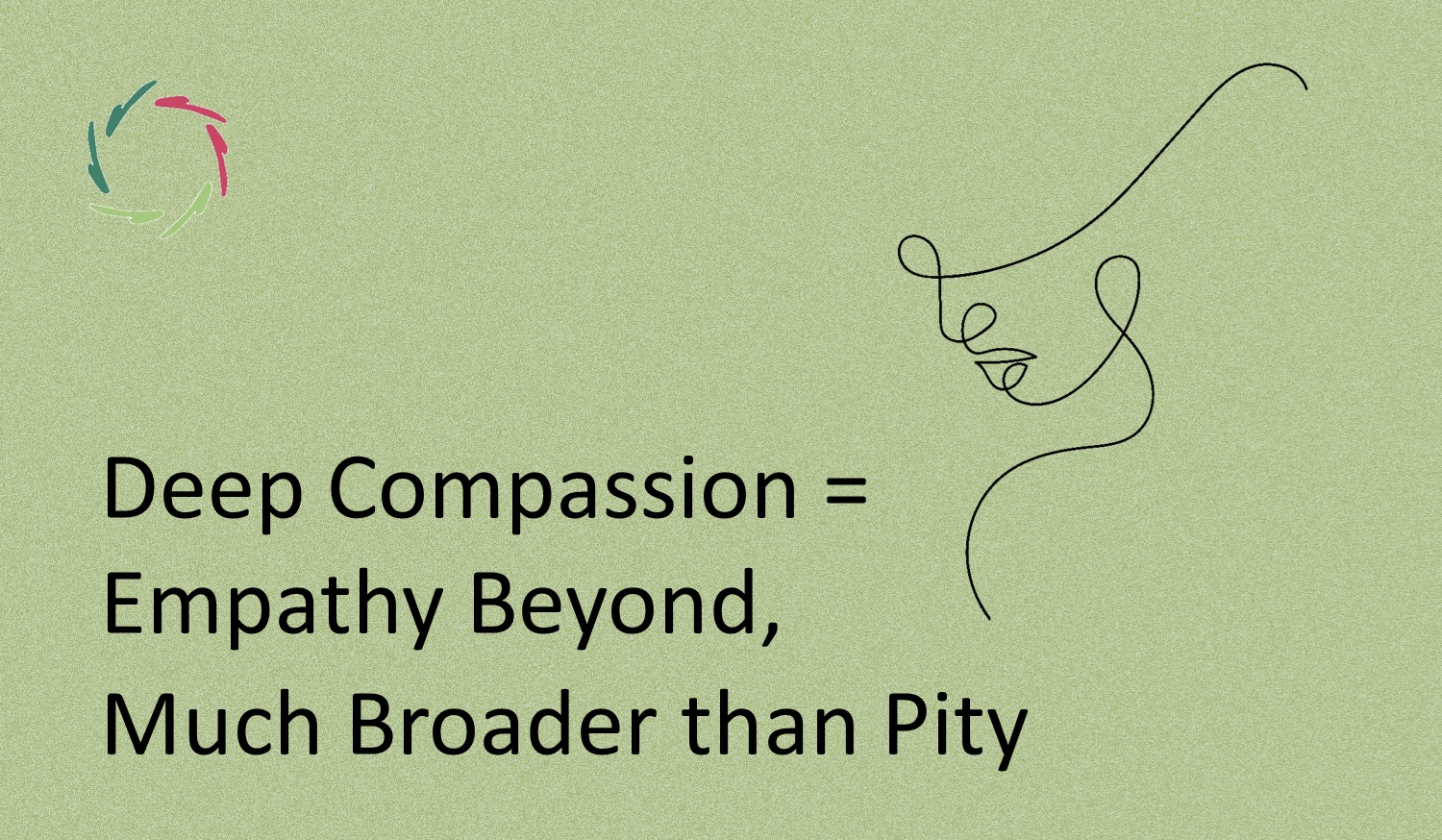How to Become a Strongly Empathic Leader

Empathy gets wrongly confused with weakness. What we need is strong empathy.
Empathy can be defined as understanding and sharing another person’s feelings and emotions, accompanied by a desire for action and while not canceling your own personality. It comes frequently together with integrity, authenticity and humility.
Empathy is not a weakness.
To constantly take into account the tribulations of constituents and remain positive requires fortitude. Leaders must maintain their resolve and at the same time create the right support to allow people to be the best they can be. ‘Strongly empathic’ is a combination of decisiveness and empathy. This should be culturally valued much more, countering hardness as well as softness.
‘No pain, no gain’?
This is the idea that people are driven by needs and aversions, leading to a carrot-and-stick approach to management. Unfortunately, empathy is contrasted to this, giving it a connotation of weakness. Leaders are struggling with what to do that shows empathy to their employees. The result: workplaces are overwhelmed with disengaged employees, with a huge psychological and even physical toll, presenteeism, sick leave and disability pensions.
A culture of empathy is positively correlated with productivity.
A massive amount of research shows the benefice of leaders’ empathy. It’s helpful in negotiation and conflict resolution, promoting trust and well-being. It enhances collaboration and motivation to perform beyond expectations. Comparing companies on a global empathy index shows a huge positive correlation. Especially in order to win the war for talent, leaders must win the battle for employees’ hearts.
Empathy has always played a key role in human evolution. Corporate life is no exception.
Your understanding of others puts you in a position to ask the right questions and to kindle motivation. You can then decide – again and again – to use your empathy towards ‘corporate wellness’, making sure that you are not manipulating. If you deeply respect people, you are not. Then one more thing: you need to press on, also because
as an empathic leader, you may doubly need to show your worth.
Empathy is not clear-cut. Its influence is not easily clear. Non-empathic leaders generally have less difficulty in showing off (themselves). As an empathic leader, this may put you in a competitive disadvantage. Therefore you need to put additional effort into showing your worth. Besides, not showing it lessens your influence upon others and eventually leads to less productivity. Additionally, it heightens the impression that empathy is just not something for winners. Showing the strength of empathy is a factor that influences the bottom line, possibly as much as the empathy itself. You owe it to the company and to yourself.
Does this mean you have to ‘show yourself off’? Actually, yes.
But here also, please find your empathic way to do so. In bringing people together, you may find ample occasions. Or in showing results in a meeting with peers or superiors. Again and again, bring the message: “I did this with the help of others.” Your efforts in showing empathy may change your company’s culture into something that fits you. Others see the strength of empathy and will – maybe not immediately – have more incentive to accommodate. Your acting strongly empathic is the way to bring empathy really to the top… where you also belong.


